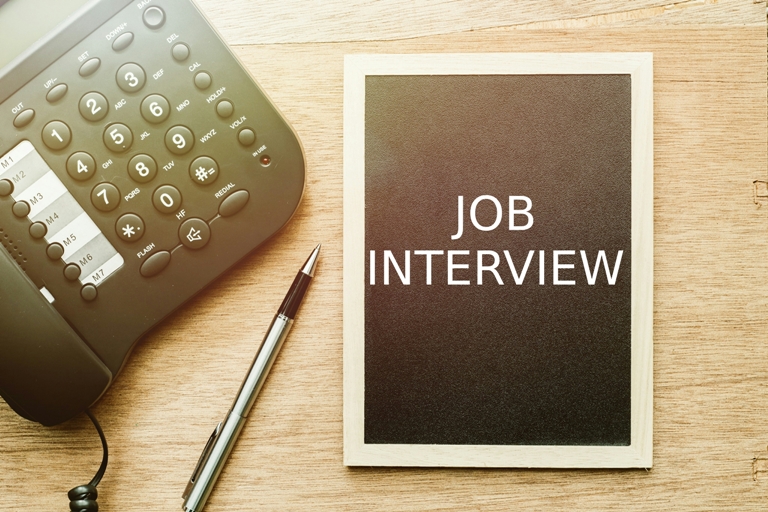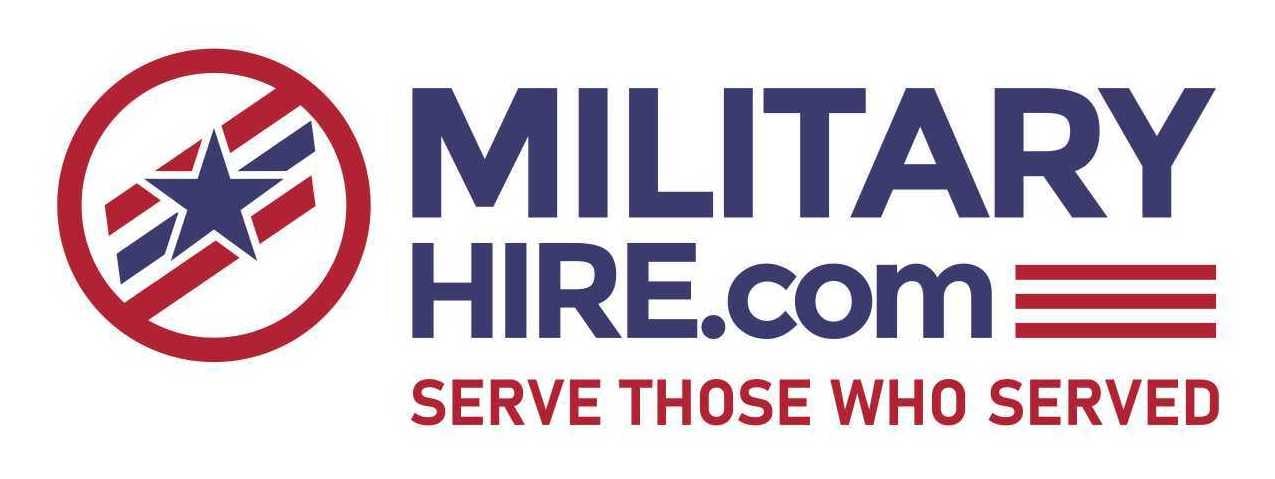Mastering Your Phone Interview

The “4 Be’s,” and Additional Tips, for Acing the Telephone Interview
In today’s hiring environment, HR departments are often hiring for a number of positions requiring interviews with multiple candidates. Particularly when those candidates are geographically dispersed, costs can skyrocket. To help keep costs down, many companies are choosing to start first with a telephone screening interview—a second step, after reviewing applications and resumes, in the screening process.
How Recruiters Use Telephone Interviews
“I generally use phone interviews to feel out the candidate, see whether they have taken the time to research the position and the company, and to get a general sense of their attitude just to see if they are a good fit,” says Matt Dodgson, director with Market Recruitment.
“The candidates who leave a memorable impression are those who are conversational, cordial but professional at the same time,” Dodgson says. “They provide comprehensive answers to questions, demonstrate that they had researched the company, convincingly explain their motivation for applying to the job and ask excellent questions about the position, the day-to-day responsibilities, opportunities for growth, and how the role fits in the company’s overall mission.”
During the interview, Dodgson says he asks candidates to:
- Talk about their job history.
- Tell him why they applied for the position.
- Answer a competency-based question.
- Ask questions.
Telephone interviews, while they may seem less intimidating, represent some unique challenges. Most notably, says Stacy Caprio with Growth Marketing, “because you don’t have body language or an in-person environment to help smooth out mistaken interactions, it is even more important to come to the interview in a calm, level mindset infused with position emotions and enthusiasm for the job.”
Here, she and others, offer some tips for acing the telephone interview.
Be Relaxed
Caprio recommends mediating or stretching a little before the interview and making sure you take the call in a comfortable, quiet place. If your voice is shaking with nerves, or negative, she says, the interviewer is likely to judge you on that, without the benefit of other visual body-language cues that might send a different message.
Be Ready
“When the phone call comes, you must be prepared to give the interviewer your full attention,” says Debbie Winkelbauer, CEO of the recruiting firm, Surf Search, specializing in healthcare, medical devices, pharmaceutical and biotech. “This means that you will need to clear the room of all distractions,” she says. You should also be prepared with your resume, the job description, and note-taking material in front of you, Winkelbauer recommends. And, importantly: “Remove your kids and pets, turn off TVs and stereos, and keep a glass of water nearby in case you need to clear your throat.”
Be Alert to the Verbal Impression You’re Making
Think about the telephone calls you’ve had in any setting and the things that impact your impression of the person on the other end of the line. In particular, says Jason Patel, former career ambassador at the George Washington University and the founder of Transizion, a college and career prep company; he’s worked with more than 400 veterans on career development.
Patel, “get rid of verbal punctuation.” These are the instances of “ah,” “um,” and “like” that too often come into play when we’re responding to questions. These verbal fillers can not only be distracting, but they don’t convey a polished and professional image. Better to simply pause than to fill the space while you’re thinking of what to say with such fillers. “Those who don’t verbally punctuate are impressive to listen to and provide a better listening experience,” says Patel.
Gargi Rajan, head of HR with Mercer Mettl, an HR technology and talent measurement firm, suggests that telephone interviewees leverage their voices to the maximum. “Since you just have your voice to impress the other party, make sure you modulate your voice a lot with the right intonation and pitch,” she recommends. “Take pauses, don’t rush while speaking, don’t fumble and gasp for breath.”
Winkelbauer offers some additional tips to help you make a good verbal (and overall) impression:
- Don’t chew gum, eat, drink or smoke
- Disable your call waiting, if possible, as it may disturb your concentration
- Do not interrupt the interviewer—let them ask most of the questions
- Give short, concise answer and do not “beat around the bush”
- As with any interview, be prepared to ask questions at the end to convey interest in the company
That last point is particularly important, agrees Dodgson. “Ninety-nine percent of the time, the candidates that I call in for a face-to-face interview are the ones who ask great questions that demonstrate their interest and understanding of the position.”
Throughout the conversation be alert to the impression you’re sending through the wide array of “little things” that can influence the person on the other end of the line. Those little things make a difference.
Be Prepared With an Elevator Pitch
(Patel) You know the question is coming, so be prepared for it: “Tell me about yourself.” Patel recommends that veterans be prepared with an elevator pitch in response to that question. “Your elevator pitch should consist of what you’ve done, what you’re doing and where you want to go,” he says.
Importantly your pitch should be designed to align, specifically, with the job you’re interviewing for. That means you may need to create multiple elevator pitches for each telephone interview you participate in. “Starting off the interview with this pitch is a good way to demonstrate your confidence and show the interviewer that you have faith in your experience,” Patel says.
Additional Tips
- Smile, recommends Caprio—it helps to convey enthusiasm and interest in the position. It can be a good idea to watch yourself in a mirror while you’re talking to remind yourself to put a smile on your face. The smile will be reflected in your voice.
- Answer with your name, says Patel. “When the interviewer calls, answer them by saying, ‘Hi, this is [insert your first name]. Answering with a simple ‘hello’ isn’t good enough,” Patel says. “It’s not formal and, besides, introducing yourself with your name is far more powerful and the best way to make a good first impression.”
- Finally, be sure and tell the interviewer you are interested in the job, Winkelbauer recommends. It’s an important step, but one that is often overlooked.
MILITARYHIRE HAS JOBS FOR VETERANS
Three steps to success:
-
Sign Up. You’ve served your country. Now let us serve you. Sign up now—it’s free, quick, and easy.
SIGN UP TODAY -
Post Your Resume. Be found by hundreds of veteran friendly companies—post your resume! Don’t worry if it’s not perfect—you can easily update it later!
POST YOUR RESUME -
Search Jobs. Don’t wait for companies to find you. Set up automated Job Scouts to scour our database and notify you of new jobs.
SEARCH JOBS NOW
-
Sign Up. You’ve served your country. Now let us serve you. Sign up now—it’s free, quick, and easy.
